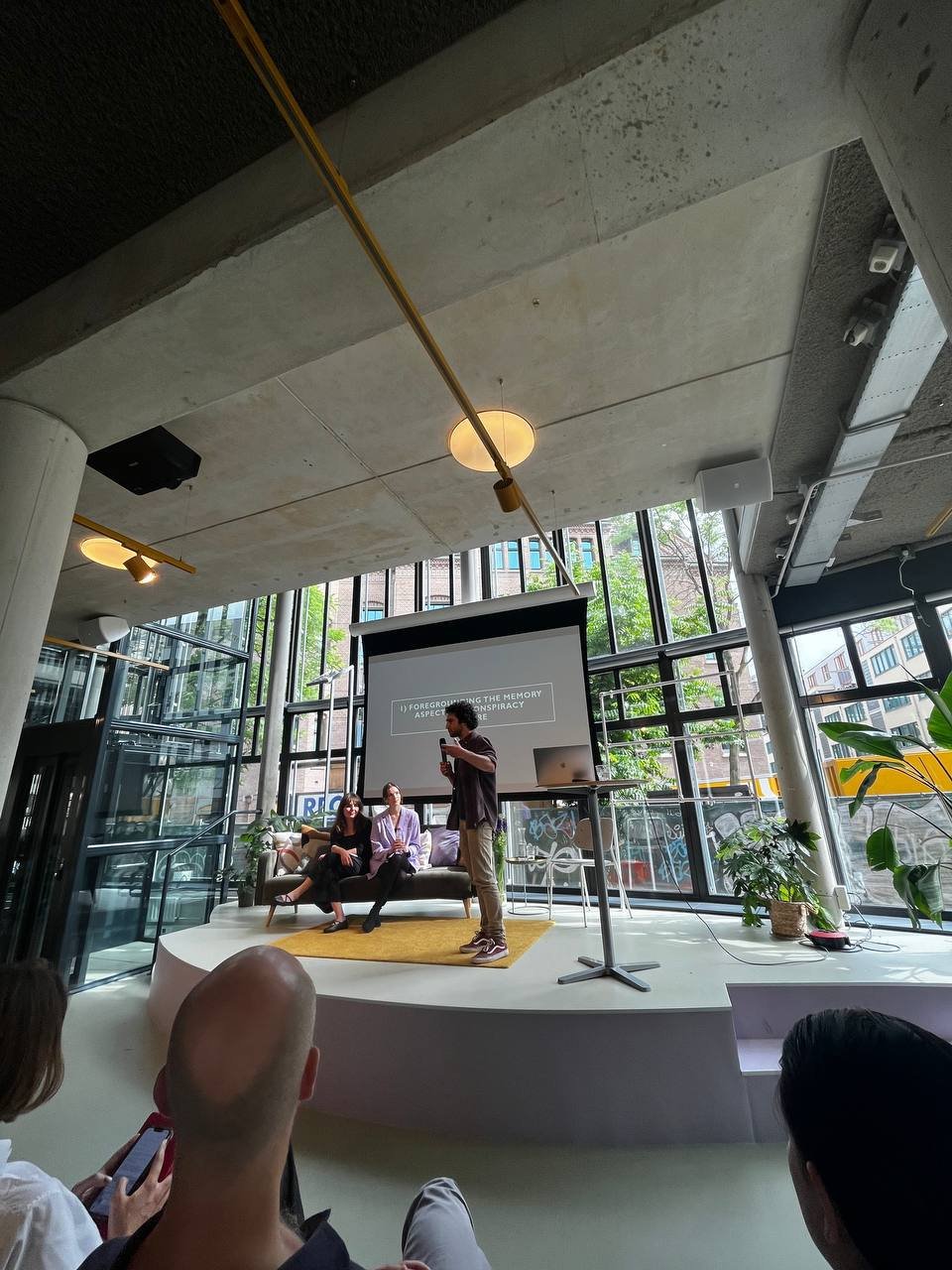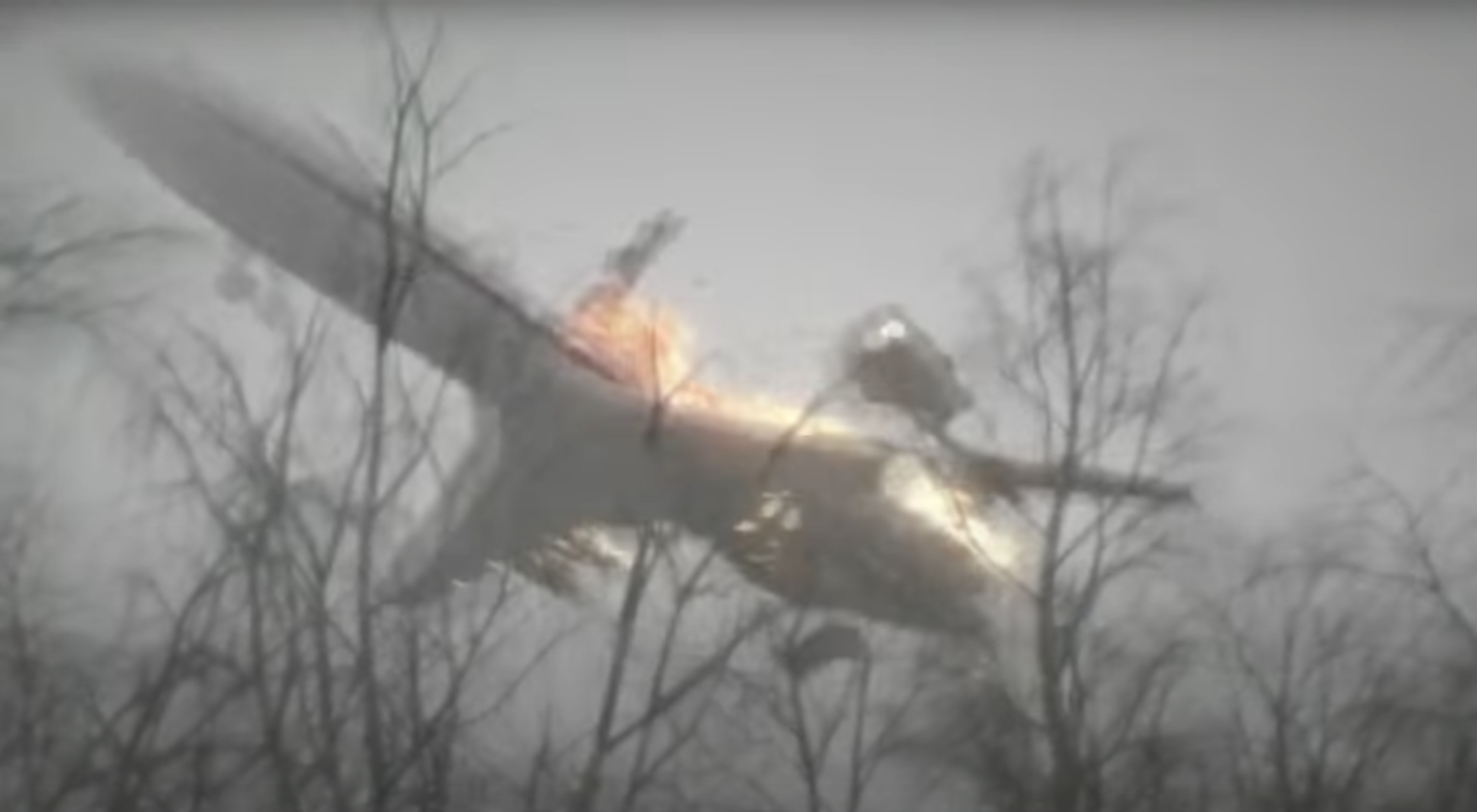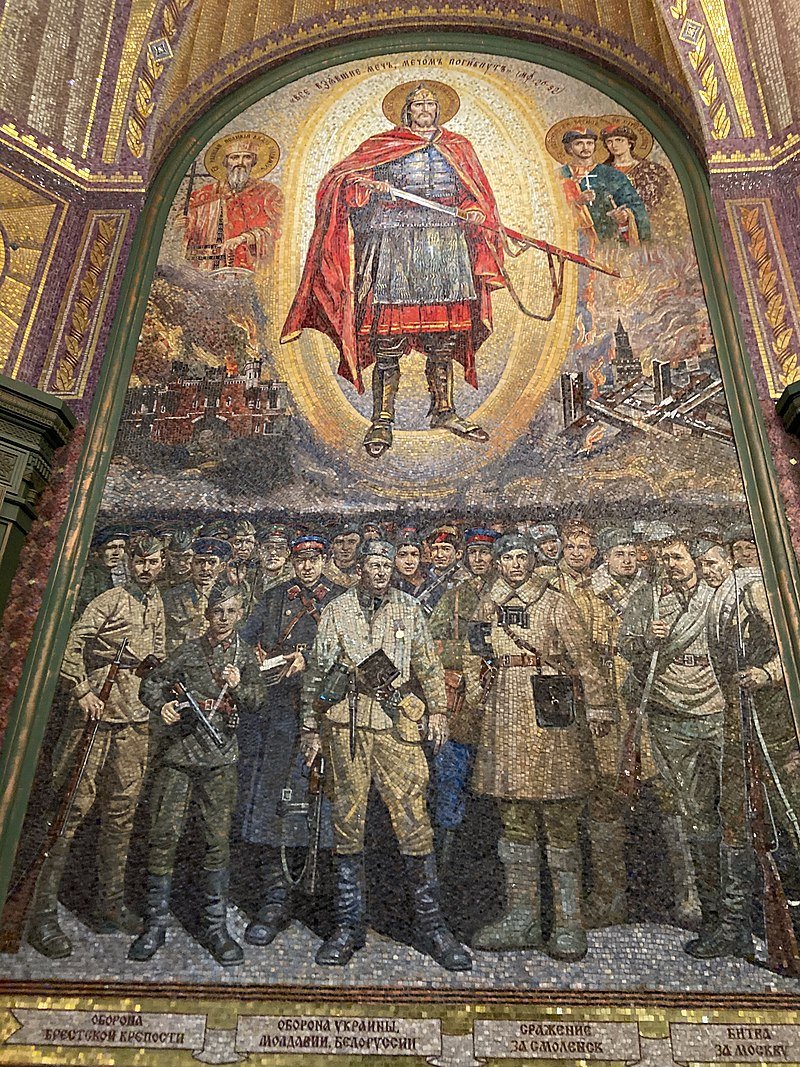Conspiratorial Memory is a research project funded by the European Research Council.
Interdisciplinary and innovative in scope, it aims to elucidate the commemorative gestures, the transnational interactions and the digital circulations that give conspiracy theory its rhetorical and emotional momentum in the 21st century.
Statement on Russia’s military aggression in Ukraine
Dear visitors of our website,
Like many of you, we of the “Conspiratorial Memory” research team, are dismayed by the unprovoked and ongoing war waged by the Russian Federation against Ukraine. We stand with the people of Ukraine in their defense of the sovereignty of their country, and with all the people in Russia and Belarus who suffer government prosecution due to their opposition to this senseless war.
We have been emotionally invested in these recent events, seeing how colleagues, friends and family members in Ukraine, Russia and Belarus were affected —in different ways and to different degrees — by military violence and political repression.
We are also intellectually invested. We firmly believe that this new wave of military and political aggression asks for a deeper understanding of the role of (popular, state-backed, digital) culture in shaping the historical and conspiratorial imaginations that – in part – made this war possible.
Boris Noordenbos, Anna Greszta, Maria Plichta, Daria Khlevnyuk and Ilya Malafei
News
Subprojects
Subproject 1 addresses conspiracy-based cultural imaginations regarding the 2010 crash of the Tupolev-Tu-154M aircraft near Smolensk (Russia) in which president Lech Kaczyński died, along with his wife and more than 90 members of the Polish political and military elite.
Subproject 2 focuses on memory and conspiracy narratives regarding the 1986 catastrophe at the nuclear power plant near Chernobyl’ (Chornobil’ in Ukrainian; Charnobyl’ in Belarusian).
Subproject 3 addresses cultural engagements with the Russian war in Ukraine. One of the points of departure in this project is the exploration of post-truth sensibilities and conspiratorial logic in the interpretation and representations of this war.
Subproject 4 focuses on the links between conspiratorial readings of the Soviet past in Russia. It deals with the so-called ‘old left’ communities and analyzes their memory politics as well as their present-day social and political demands.








